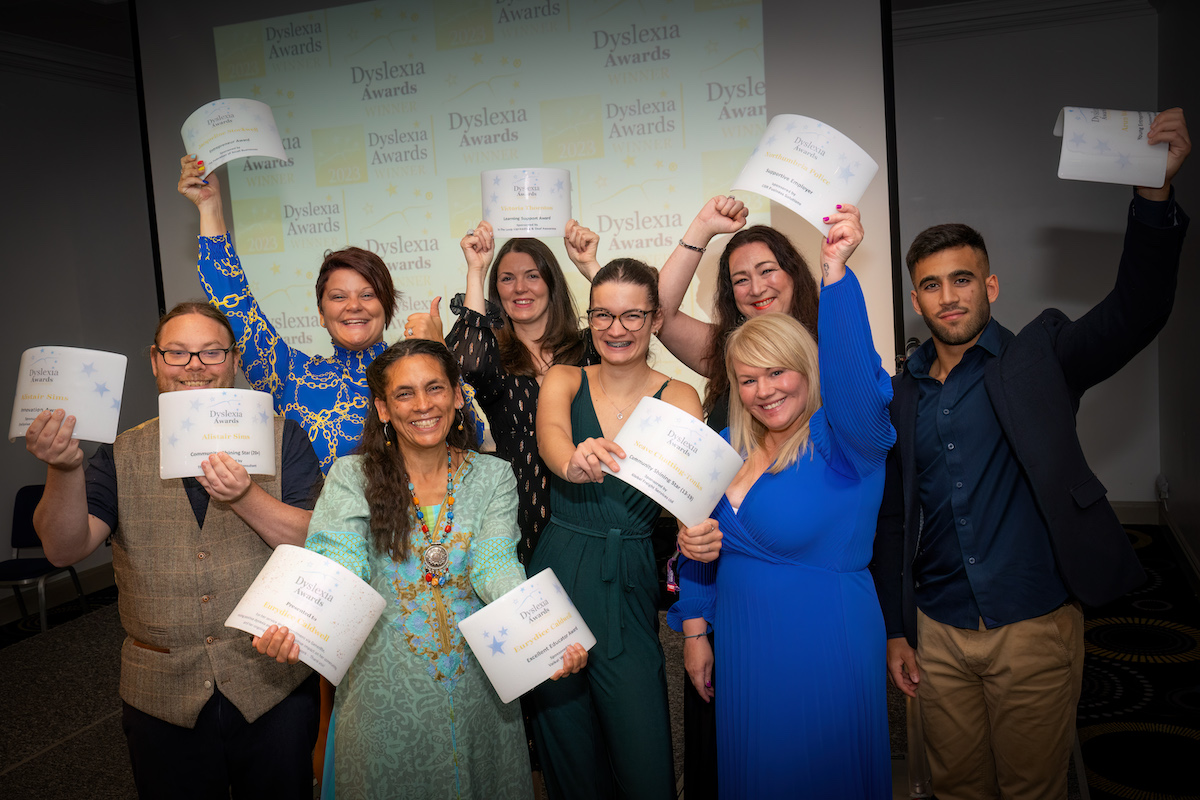AI: evolving the way we teach

The way in which we are working is rapidly changing. It would be somewhat foolish to expect students to not also adapt to these times. In fact, students adopting the technology the workplace and industries are utilising now along with their studies is beneficial for them as they are more “work ready”; we could argue, therefore, that the same thinking applies when students decide to use ChatGPT to write essays. Many workplaces are taking advantage of the benefits of AI, so why can’t students?
Of course, the answer is obvious: if students are using AI for assessment, are they truly demonstrating what they have learned? Will they still be an asset to the jobs market post-graduation? There are many concerns around using ChatGPT and we are well aware of the lack of emotional intelligence and the missing ‘human touch’ in AI’s work. We must always retain a person’s input. ChatGPT may be trained enough to pass the bar exam, for example, but how well can it assess the intricacies of the human mind that impacts the legal system and the deep analyses of legal cases?
So, educational institutions should be focusing on those skills insulated from automation: interpersonal or ‘human’ skills. These are the tasks that software cannot replace and will become increasingly important in the future. The ChatGPT uproar and AI moral panic begs for an entirely different approach – the education system should really be asking, ‘If AI can regurgitate information already, should we be asking our students to do the same?’. Written exams, especially, are just that: they require students to churn out information from memory without really testing the practical skills they will need in their careers.
A case study from Estonia is a good example of how business needs are changing; students can study the traditional academically oriented bachelor studies or opt for applied higher education, which involves teaching the specific practical skills students will need in their careers post-graduation. Shortly after graduation, the graduates of applied higher education courses get almost 20% higher salary and have six percentage points higher employment rate. Degrees alone are now not enough – transferable skills are much needed, and readily rewarded.
This shift will involve offering assessments that step away from traditional examinations. At Arden University, for example, we offer a range of practical assignments by assessing our students on their ability to navigate real-life challenges. Our policing students’ assessments utilise Augmented Reality, looking at how successfully they can complete a crime scene investigation, and our business students are assessed on how well their business model withstands operations, supply chains and productivity issues. These practical assessments allow us to prepare our students for their careers post-graduation, giving them ‘workplace-ready’ skills.
With AI shifting the way we work, how we teach students will have to change. Teachers were once afraid of letting students use calculators for exams – but they actually allowed students to solve more complicated questions. The same applies here – AI may create the spaces for our students to demonstrate their approach to more complicated, nuanced and ‘more human’ matters, which is why educational institutions should ask themselves if their approach to assessment is a true reflection of what their students are truly capable of.
Comment attributed to Elizabeth Ellis, Head of School of Digital Education at Arden University











Responses